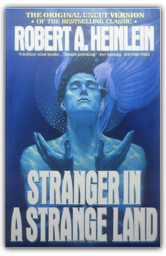
Stranger in a Strange Land, winner of the 1962 Hugo Award, is the story of Valentine Michael Smith, born during, and the only survivor of, the first manned mission to Mars. Michael is raised by Martians, and he arrives on Earth as a true innocent: he has never seen a woman and has no knowledge of Earth's cultures or religions. But he brings turmoil with him, as he is the legal heir to an enormous financial empire, not to mention de facto owner of the planet Mars. With the irascible popular author Jubal Harshaw to protect him, Michael explores human morality and the meanings of love. He founds his own church, preaching free love and disseminating the psychic talents taught him by the Martians. Ultimately, he confronts the fate reserved for all messiahs. The impact of Stranger in a Strange Land was considerable, leading many children of the sixties to set up households based on Michael's water-brother nests. Heinlein loved to pontificate through the mouths of his characters, so modern readers must be willing to overlook the occasional sour note ("Nine times out of ten, if a girl gets raped, it's partly her fault."). That aside, Stranger in a Strange Land is one of the master's best entertainments, and provocative, as he always loved to be. Can you grok it? —Brooks Peck 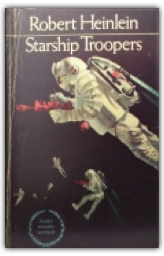
Written less than 15 years after the end of the second world war, as anti-Communist paranoia was reaching fever-pitch in the United States, this book is very much a product of its time. Originally planned for a juvenile audience, Starship Troopers has become a classic of hard science fiction, albeit a controversial one. Heinlein creates a future society where citizenship must be earned through military service, and although there are a number of exciting scenes of battle, much of the book is taken up with an exploration of the philosophical ramifications of such a society. The book discusses the necessity of warfare to moral development and the importance of beating children in order to make them into good citizens. Heinlein's political theory is quite unpalatable and occasionally irresponsible. However, the book is frequently exciting, and the details of the society are fascinating. This is an entertaining and thought-provoking book, but perhaps not best-suited for use as a political manifesto. The most interesting feature of Starship Troopers is its fascinating glimpse into America's struggle for a post-war identity, told as a heroic tale of interstellar conflict. |
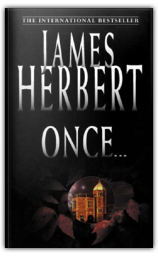
Once is the latest in the welcome new phase of James Herbert's career after he distanced himself from the straightforward "horror" tag afforded to him by earlier novels such as the Rats trilogy and cannily reinvented himself as a writer with considerably more psychological insight and elegance of style. 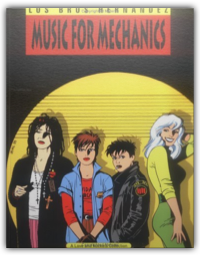
Fifty issues—collected into 15 volumes that total 2,000 pages—the Hernandez brothers' Love and Rockets is an enormous achievement that helped to create a new audience for comics. Notable for their strong female characters and their focus on relationships, rather than on traditional comic-book 'action', the stories collected in this volume, and the rest of the series, show how the comic format can be used to create characters and situations as detailed and compelling as in any novel. 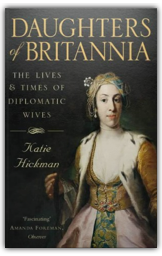
As the daughter of a diplomat, Katie Hickman is well-situated to write about the lives of the women who, from the 17th century onward, have traversed the globe as partners of Britain's ambassadors. These women are more than simply bored socialites, they are indispensable companions, intrepid travellers and, in many cases, exemplary ambassadors for their country. Hickman details the lives of the female ambassadors, from flamboyant characters such as Vita Sackville-West, Lady Mary Wortley Montagu and the "bolter" Emma Hamilton, to lesser-known contemporary stoics like Jane-Ewart-Biggs, whose husband, the British Ambassador to Eire, was killed by an IRA car bomb in 1976, and Veronica Atkinson and family, who cowered in the basement of the British Embassy in Bucharest during the 1989 uprising that overthrew the Romanian dictator Nicolai Ceaucescu. |

Mike Scott
Collection Total:
4227 Items
4227 Items
Last Updated:
Feb 21, 2010
Feb 21, 2010
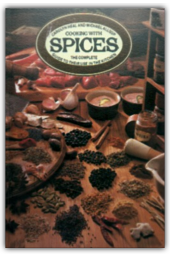




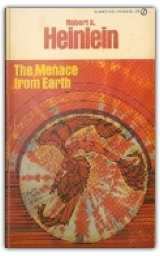

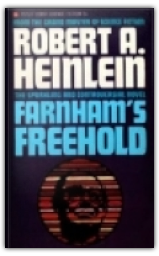

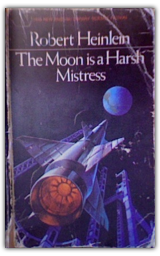
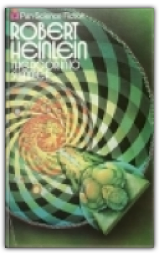
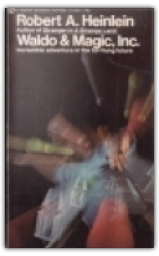
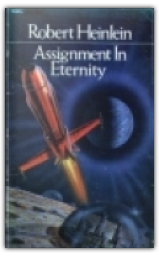
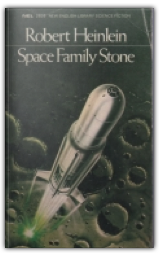
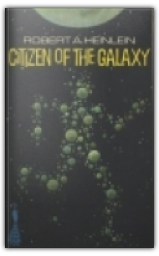
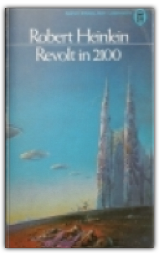
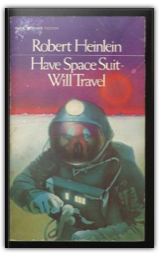
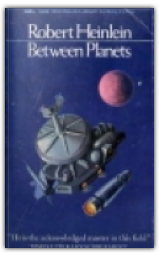

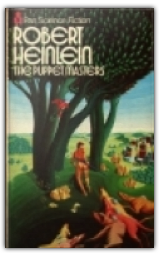
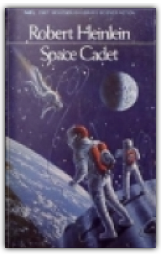
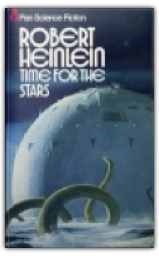
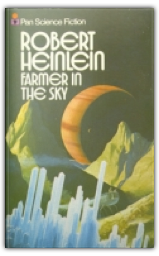
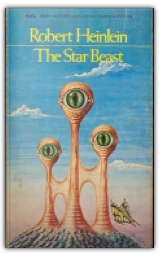
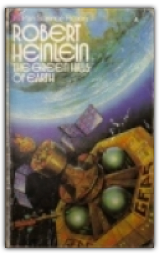
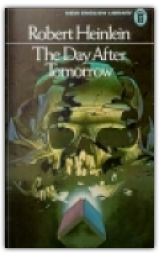
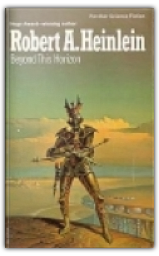
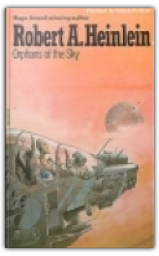
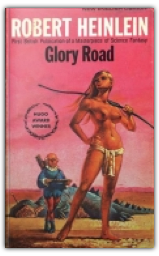
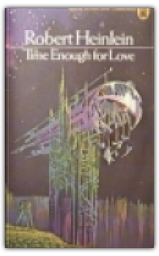
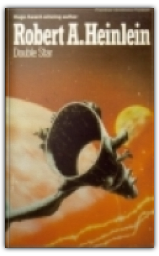
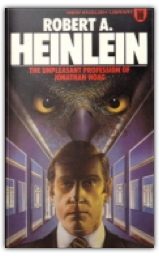
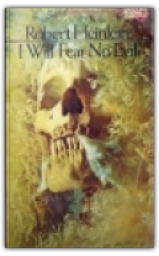
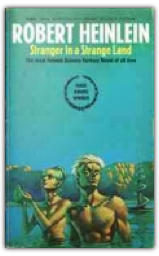

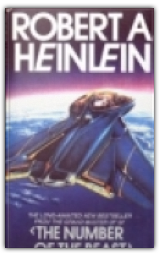
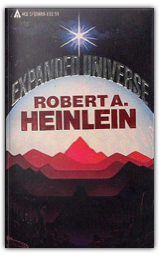
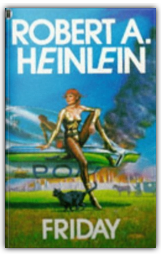
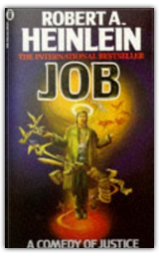
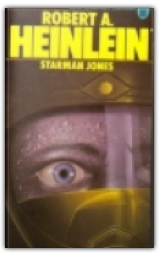
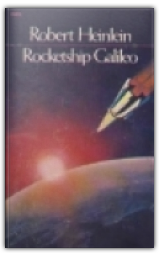
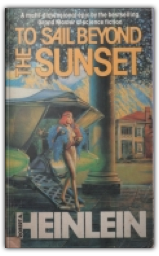
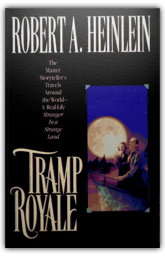
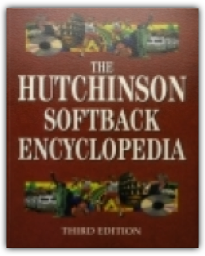
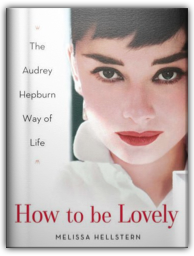
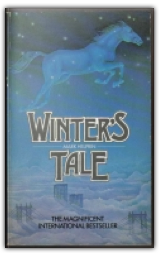

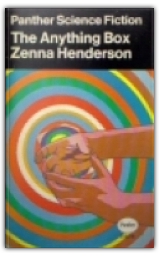
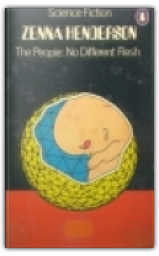

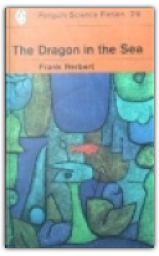
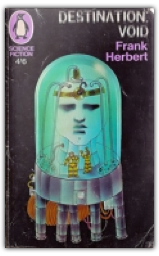
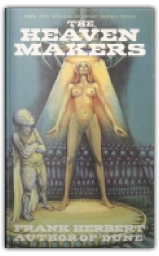
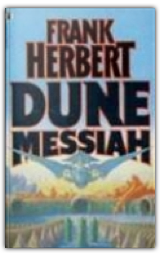
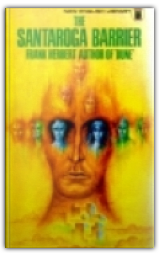
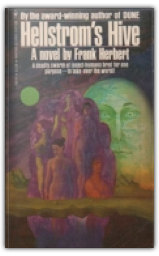
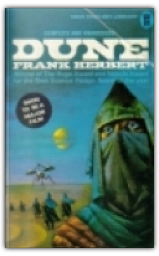
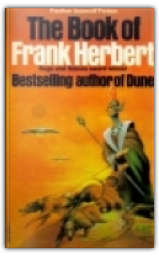
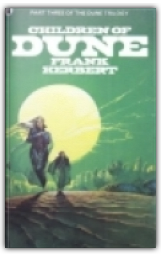
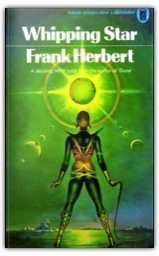
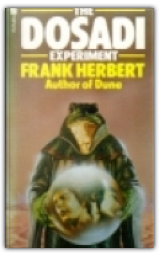
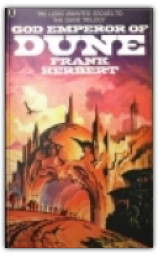
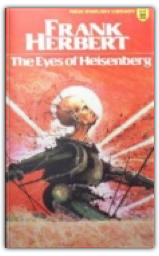
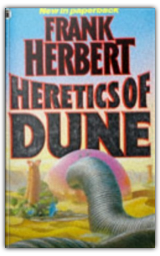
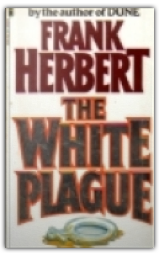
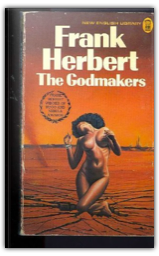
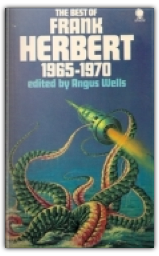
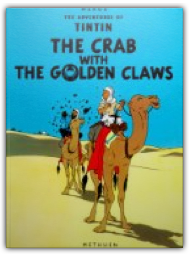
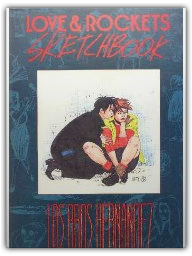
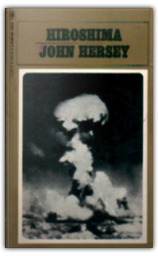

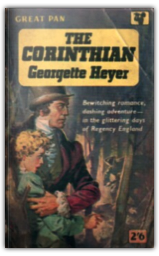
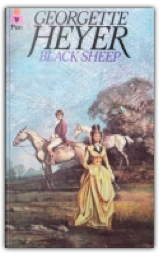
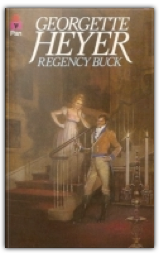
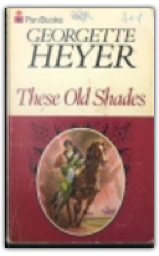
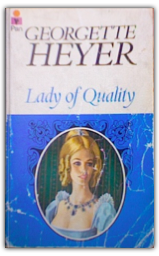
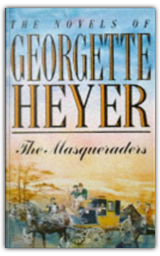
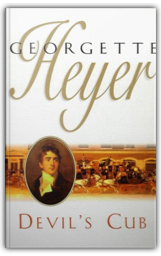
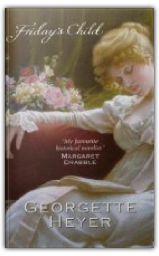
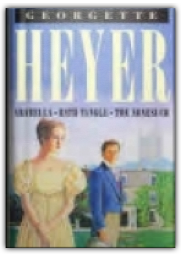
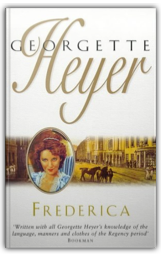

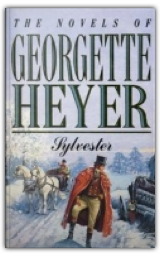
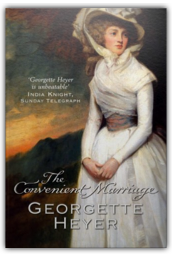
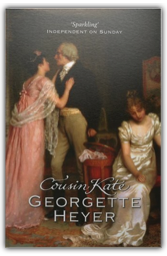
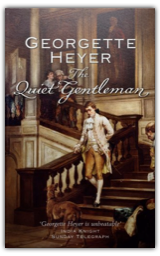
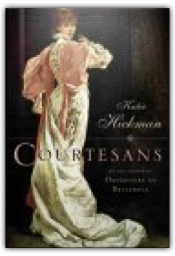
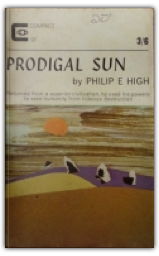


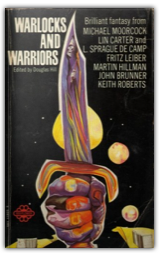
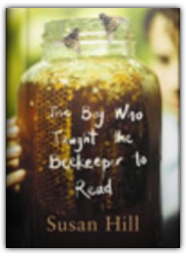
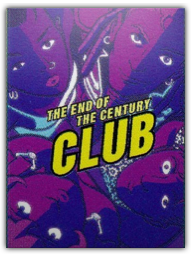
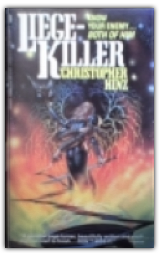
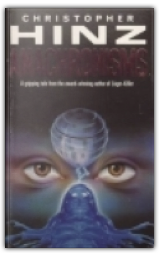
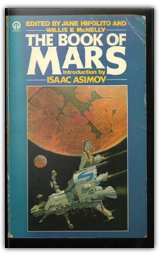
 Made with Delicious Library
Made with Delicious Library